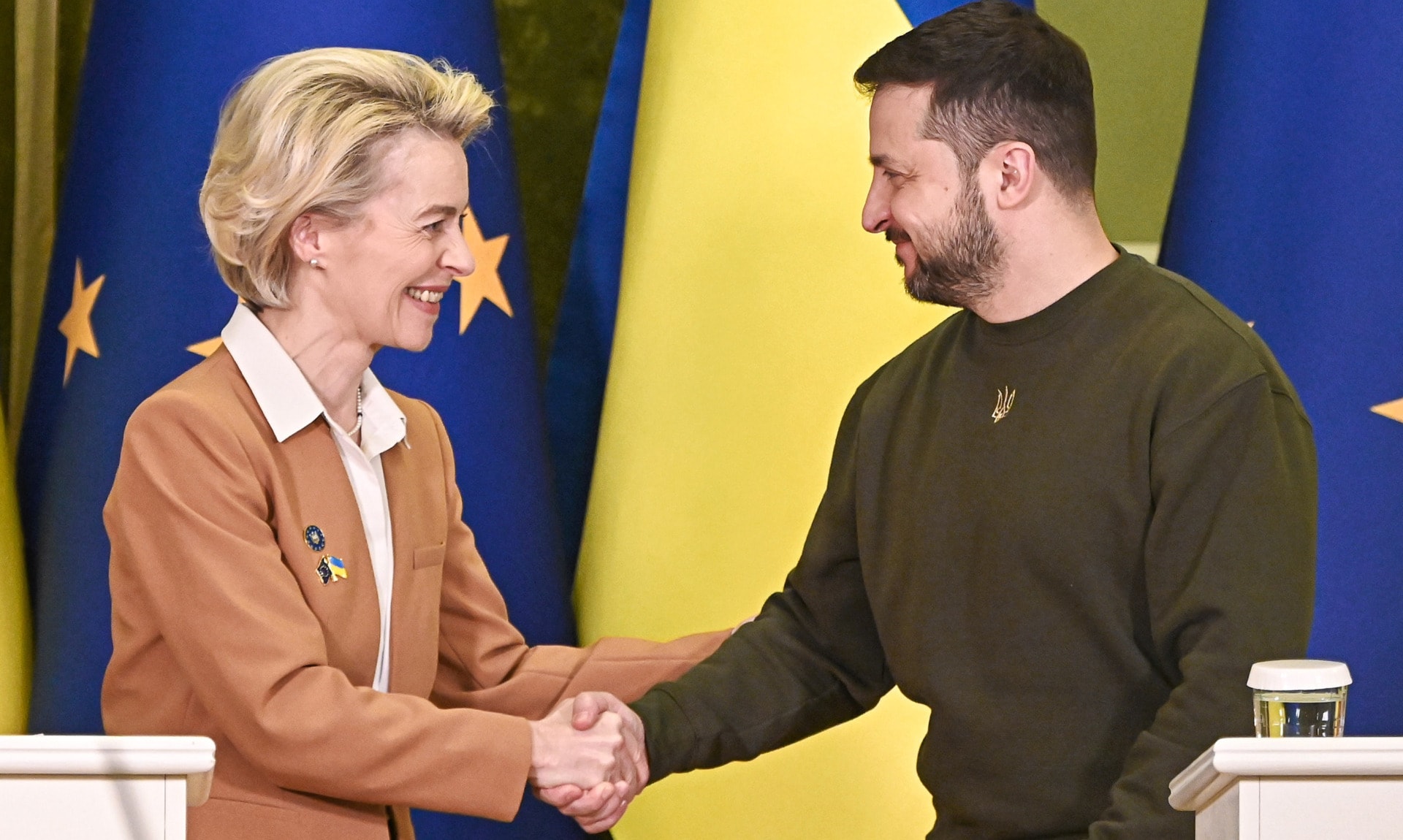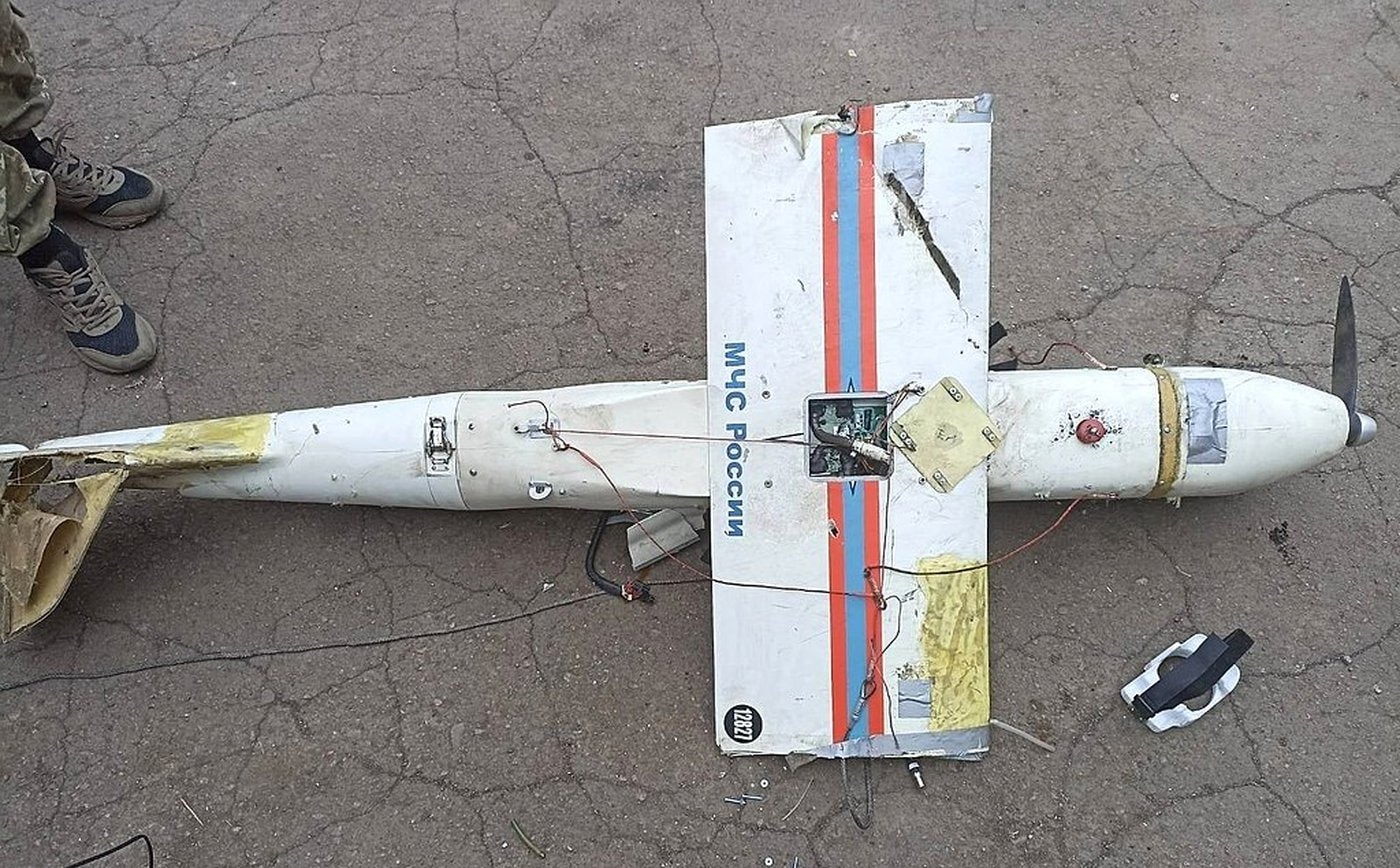This is the end of an era: We are now seeing the United States ditch its historic allies and side with its longtime enemies, Russia, Belarus and North Korea, voting against the Ukraine Resolution at the United Nations that was to mark the third year of the war on February 24. And all because the language in the Resolution blamed Russia for the war. And to think that until a month ago, the US had fully supported Ukraine’s war effort.
It was, of course, Trump’s doing. He is finally coming out with his true colors, a dictator in pectore. In his first term, Trump had sought and welcomed strongmen, showing himself to be partial to Putin and Kim Jong Un, but he had stopped short of actual support.
No more. Now all the dictators of the world have the US on their side: Democracy and social justice have no place in Trump’s America. And neither do the Green Deal, sustainability or the battle against climate change. All these are discarded as “woke capitalism” and fake news.
So what are the facts here?
It happened twice, first at the UN Security Council and then at the UN General Assembly.
To understand how the resolutions played out, it’s worth recalling that the 15-member U.N. Security Council had been deadlocked throughout the war and unable to take any action because of Russia’s veto. And “deadlocked” is a polite word to say that since the start of the war in Ukraine, the UN has been paralyzed and unable to play the role of peace-maker that is the foundational reason for its very existence. All because of Russia.
By contrast, the 193-member General Assembly has repeatedly supported Ukraine’s sovereignty and territorial integrity, calling for a just, lasting and comprehensive peace in line with the U.N. Charter.
So here’s a breakdown of the key events surrounding the voting on Ukraine resolutions on February 24, 2025:
- The UN Security Council passed a “neutral” resolution on the Ukraine war, not blaming Russia for the invasion of Ukraine, and this, at the instigation of Trump with the support of Russia—something that was easy to do since both the US and Russia, as permanent members of the Security Council have veto power. The Security Council adopted the U.S. resolution with 10 votes in favor, while France, Britain, Denmark, Greece and Slovenia abstained. Russia (obviously) voted in favor after failing to amend it and vetoing European bids to add language supporting Ukraine. Was Russia pleased? Of course, it was. Russia’s U.N. Ambassador Vassily Nebenzia called this “constructive changes” in the U.S. position on the conflict. He told the council the resolution was “not an ideal one,” but “a starting point for future efforts towards peaceful settlement.”
- The UN General Assembly (UNGA) was presented with two competing resolutions: One proposed by Ukraine and backed by European nations, and another proposed by the United States; the Ukrainian resolution explicitly condemned Russia’s aggression and demanded an immediate withdrawal of Russian forces; by contrast, the U.S. resolution avoided directly blaming Russia while urging (as might be expected) a “swift end” to the conflict and promoting “lasting peace”. Prior to voting, the U.S. shamelessly pressured Ukraine to withdraw its resolution in favor of the U.S. proposal.
In the end, the U.S. failed earlier on Monday to convince the General Assembly to pass the same three-paragraph resolution adopted by the Security Council. Thus UNGA voted on the Ukrainian resolution amended by European nations to include language that clarified Russia as the aggressor: It passed with 93 votes in favor, 18 against, and 65 abstentions.
The Ukraine resolution’s language is what one would expect from the United Nations, an organization set up after the tragedy of World War II with the overall objective of maintaining international peace and security and peacefully settle disputes between UN member countries. It mourns the loss of life in the “Russia-Ukraine conflict” and urges a swift end to the conflict and a lasting peace.
Why all this matters and what is the meaning of one more UN Resolution on Ukraine
While Security Council resolutions are considered binding, UNGA resolutions are not. However, General Assembly resolutions carry political weight, reflecting a global view on the war. And this why the UNGA resolution on Ukraine that passed on February 24, 2025, marking the third anniversary of the Ukraine invasion by Russia, marks a clear turning point: America has turned against its historic allies in Europe.
This abrupt reversal in American foreign policy signals the end of the Post-World War II international order, as America, which is still militarily the most powerful country on earth, pushes the world back to a pre-WWII era of nation-states fighting against each other, each with its own agenda of Making Itself Great Again: MIGA.
The reaction in Europe has been swift and strong: The European Commission posted today on Youtube a short video that leaves no doubt as to who is to blame for the invasion of Ukraine: Russia. And European Parliament member and President of European Movement International Guy Verhofstadt is equally clear on the issue:
A historic, shameful moment in US history as it votes with Belarus, Russia at the UN.
The gamekeeper has become the poacher.
Churchill & Roosevelt turn in their graves. pic.twitter.com/p339b65Cpu
— Guy Verhofstadt (@guyverhofstadt) February 24, 2025
But as if all this wasn’t enough, there’s a further, ugly twist to this new MIGA world: it is set to become a commercially predatory one.
Consider how Trump is now offering “security” to Ukraine in exchange of a supposed “co-management” of its mineral resources -but it’s a “deal” where the US retains 100% financial control. As we all know, the US lacks and covets rare earths. Trump’s justification for this “deal”? It’s a fair “repayment” for the $300+ billion Urkaine received in aid over the past three years.
And what would Ukraine and Zelensky get in terms of “security”? That is unclear since Trump’s own national security adviser, Mike Waltz, ruled out Ukraine membership in NATO, saying it’s “off the table” in an interview at CPAC on February 21. Let’s hope Zelensky has enough sense to resist the allure of Trump’s fake promises.
It’s not only Europe that has become a target of Trumpian animosity but also Canada and Mexico: Both countries, America’s closest neighbors were hit with a tariff war as soon as Trump got into office, and this in spite the commercial treaty Trump himself had called in his first term. Expect Japan and Australia to be next.
Yes, this is a new era: Welcome to Trump’s world.














